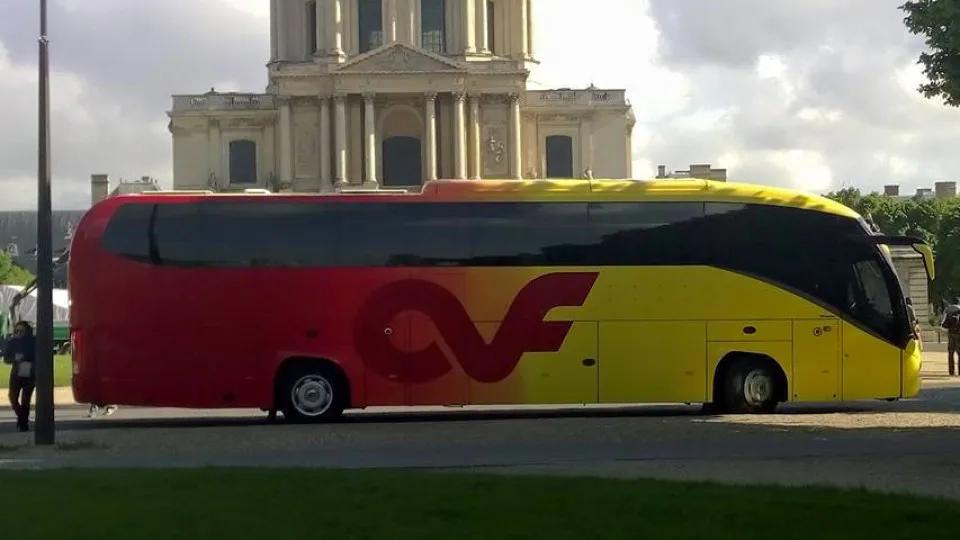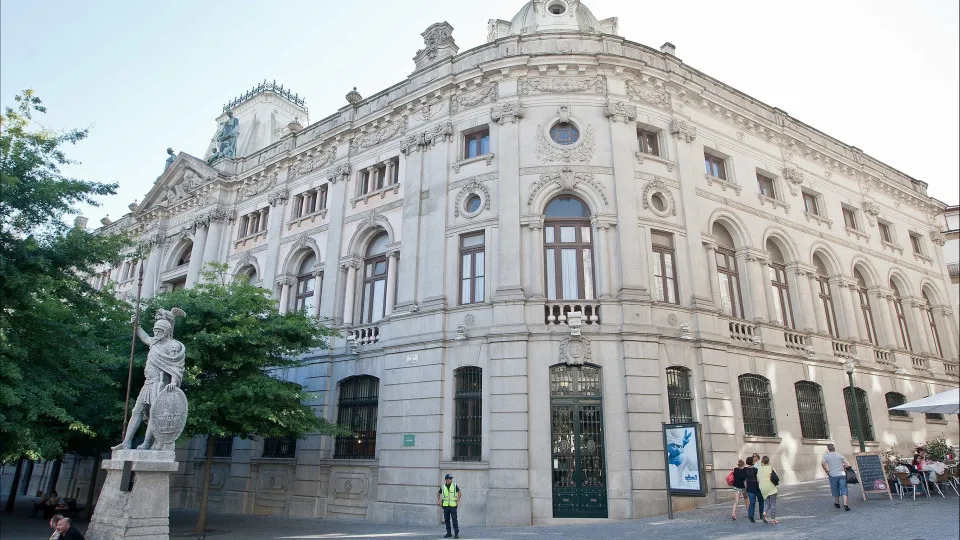
A decision was made during a meeting at the Feirense facilities in Lourosa, in the municipality of Santa Maria da Feira, with representatives of around 100 drivers operating the routes between Vila Nova de Gaia and Espinho in the Porto Metropolitan Area public transport network.
Hélder Borges, a leader of the Fectrans – Federation of Transport and Communications Unions, stated, “The existing schedules are not compatible with safe circulation, and the level of cleanliness and maintenance is in chaos.”
“We will go on strike to raise awareness of this issue and see if proper inspections begin before a disaster occurs, and then they come to tell us that we didn’t warn them in time,” he added.
The union leader blames “both Unir, which sets the schedules, and Feirense, which commits to fulfilling them” despite knowing they are not feasible. Oversight bodies like “the Authority for Working Conditions and the Institute of Mobility and Transport are also not fulfilling their roles as they should because they allow this to continue,” he said.
Providing examples of impossible routes, Hélder Borges cited the trip from Vendas de Grijó, in Pedroso at the southern end of Gaia, to Praça D. João II, in Porto, or the journey between the latter and the Largo da Feira dos Carvalhos, also in Pedroso, via Senhora do Monte.
“Unir wants these routes to take 30 minutes, but as drivers cannot complete them in less than 40 minutes at best, it means that by mid-morning, one of the four or five scheduled services has already vanished and been canceled,” noted the workers’ spokesperson.
In addition to delays, there’s the issue that “people are left waiting at bus stops for a bus that won’t arrive, and then, when they board the next one, they engage in heated exchanges with the driver, who is even more stressed, finishes their day exhausted, and only managed to have a half-hour lunch when they should have had a 60-minute break,” he pointed out.
For the same reasons, the level of “cleanliness and maintenance of the buses is very poor,” compounded now that the school period has started, with more students using the transport, leading to “more entries and exits at stops and accumulating delays.”
Hélder Borges mentions other issues in the sector like low salaries and meal allowances that haven’t been updated in two years, but stated that “the priority is indeed safety” and proposed the most feasible solution as “correcting the schedules so that speed limits can be adhered to and driving safely.”
An official source from Transportes Metropolitanos do Porto stated, “We have detected no schedule that is impossible to carry out. All assigned times are perfectly viable.”
Regarding other issues raised by Fectrans, Unir claims they are “unrelated” as they have “no responsibility for the work schedules assigned to drivers or the alleged work overload they claim.”
“It is the operator’s responsibility to assign routes to each professional and ensure their good physical and mental condition,” said a source from Unir, citing as an example that a trip from Espinho to Porto does not have to be made in both directions by the same driver. “They can arrive in Porto and then switch to another, less tiring route. The operator is responsible for managing this,” the source declared.
The Lusa agency attempted to contact Feirense, the owner of the Beira Douro brand that also operates for Unir in Gaia and Espinho, but calls were not answered.
Within the Unir network, the Norte Nascente group (Santo Tirso/Valongo/Paredes/Gondomar) is operated by Nex Continental, Norte Poente (Póvoa de Varzim/Vila do Conde) by Porto Mobilidade, Norte Centro (Maia/Matosinhos/Trofa) by Vianorbus, Sul Poente (Vila Nova de Gaia and Espinho) by Transportes Beira Douro, and Sul Nascente (Santa Maria da Feira/São João da Madeira/Arouca/Oliveira de Azeméis/Vale de Cambra) by Xerbus.




